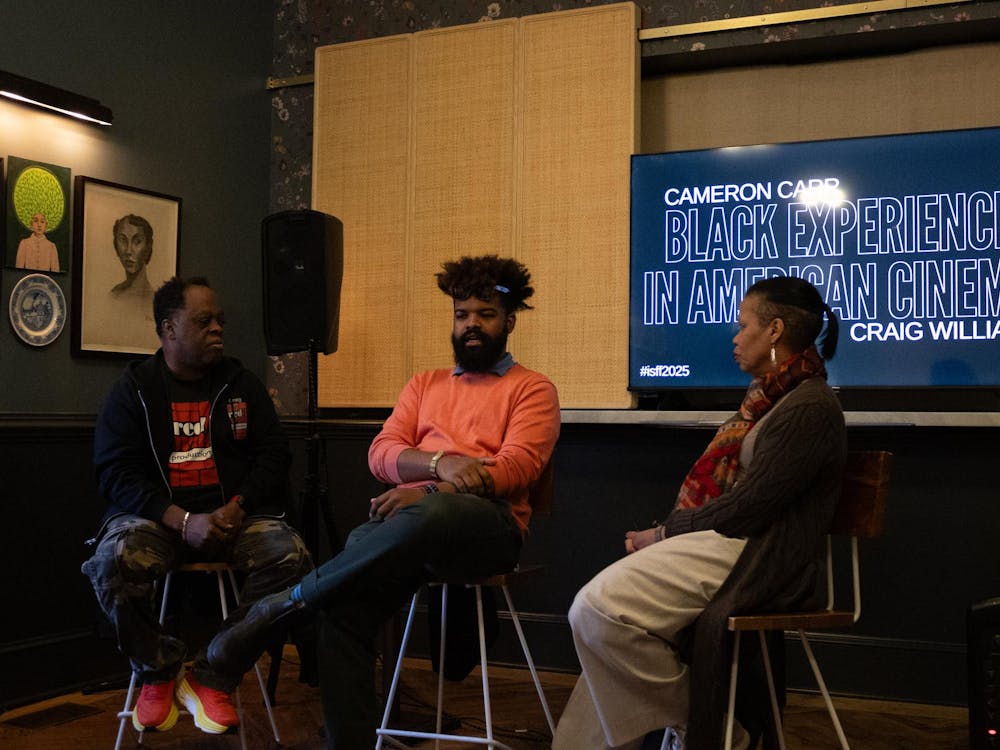Brazilian director Walter Salles’ screen adaptation of Jack Kerouac’s classic ‘On the Road’ was released in select theaters this past December and has since remained under the pop-culture radar. Based on a novel that defined a subculture and an era, its big screen production was surely an intimidating task, but Salles has presented a respectable, if flawed, tribute to the Beat Bible. Based on Kerouac’s own adventures with friend and muse Neal Cassady, the book pays homage to the Beat Generation, the post-World War II counterculture that arose in opposition to a nation reveling in suburban life — think today’s hipsters, minus self-awareness and Instagram.
The film boasts an impressive cast, strengthened by cameos from familiar faces: Amy Adams, Viggo Mortensen and Steve Buscemi each make short, well-performed appearances. The two male leads, Sal Paradise (Sam Riley) and Dean Moriarty (Garrett Hedlund of ‘Country Strong’) are unfortunately less seasoned. Riley and Hedlund are relative newcomers, and their inexperience is evident, especially when the script demands seamless collaboration from the pair.
Riley’s Sal, the naïve chronicler based on a young Jack Kerouac, is soft-spoken and lost in an ever-present daydream. Opposite him, Hedlund is brash, flamboyant and impulsive. The two interact like writer and muse, but there is a certain emotional disconnect as Sal watches Dean spiral destructively downward — and fails to do much about it. These up-and-comers seem to have been cast more for their heart throb appeal than for solid acting chops.
Female leads Marylou and Camille, played by Kristen Stewart and Kirsten Dunst, do little to talk sense into the frenzied routine of drugs, driving and delinquency of their shared lover Dean. If anything, the presence of strong female characters in the film reinforces the image of Dean’s unchecked insanity. Stewart, as the teenaged, perpetually stoned and erstwhile bride of Dean, successfully avoids the awkwardness for which she is notorious, although she tends to be more successful in roles such as this that don’t require many lines.
What Stewart’s Marylou lacks in spoken performance is overcompensated for with an excess of sex. Dean by nature is the picture of a womanizer — and, in certain scenes, a man-izer — but I found the time devoted to explicit content excessive. Maybe the superfluity of sex was meant to underline just how disillusioned the characters became, but the gratuitous sexual content ultimately taints the integrity of the narrative.
Salles’s film redeems itself through its stunning cinematography. The sweeping panoramas of North America manage to be simultaneously gritty and romantic. From scenes on a cotton farm in southern California to snapshots of the rain-soaked streets of New York City — darker, dirtier and far less glamorous than they are today — the visual quality of the film is captivating.
More successfully than anything else, the creative team behind ‘On the Road’ has captured a vision of America at a unique point in its history, its past readily escaped via the long, deserted roads of promise stretching toward the future.






